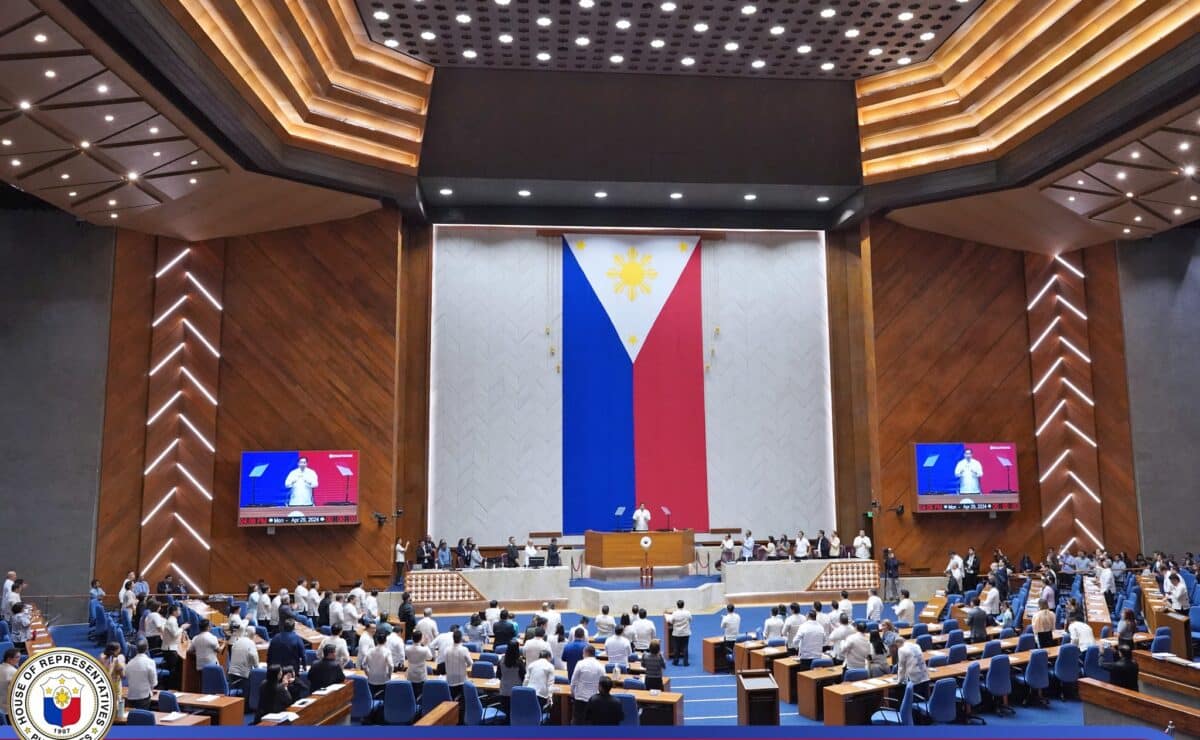
House of Representatives — File photo
MANILA, Philippines — The House of Representatives is set to investigate why certain hospitals are refusing guarantee letters, despite sufficient funds allocated in the 2025 national budget. This issue raises questions about the effective use of the budget and how medical establishments handle payments.
During an interview, TGP party-list Representative Jose Teves Jr. addressed concerns from hospitals, especially from the Private Hospitals Association of the Philippines Inc. (PHAPI), regarding their hesitation or outright refusal to accept guarantee letters (GLs) issued to indigent patients. The key phrase “hospitals refusing guarantee letters” is central to this discussion.
Understanding Guarantee Letters and Payment Issues
Guarantee letters are formal documents issued by government agencies assuring hospitals that the patient’s medical bills will be paid. Despite this, some hospitals claim they have not received payments, leading to delays and financial difficulties.
Rep. Teves said the House will invite the Department of Health (DOH) to explain why private hospitals have not been paid even when budgets for 2024 and 2025 clearly allocate funds for these services.
“That is one of the things that we will try to have investigated once Congress opens. We will call the Department of Health to ask why private hospitals were not paid when we have the budget under 2025 or 2024,” Teves said in Filipino. “Why did they incur a balance when we have programs to follow for these cases? There are funds available, so it means the problem was in how they handled it.”
Hospitals’ Financial Struggles and MOAs
Teves acknowledged that some hospitals have yet to receive payments for months. To address this, medical facilities sometimes enter into memorandums of agreement (MOAs) with lawmakers and the DOH to ensure smoother payment processes.
Under the 2025 General Appropriations Act, P41.15 billion has been allocated for the Medical Assistance to Indigent and Financially Incapacitated Patients (MAIFIP) program. Yet, delays continue, forcing some hospitals to suspend or limit acceptance of GLs.
“We have a lot of experience about that. We have friends who encountered problems because private hospitals have not been paid for six months, three months,” Teves explained. “That’s why we get MOAs, there’s an MOA between the private hospital and the Department of Health. But the problem now is the payment. That is what we will monitor.”
Delay in Payment Causes Hospital Concerns
PHAPI president Dr. Jose Rene de Grano revealed that some member hospitals have reduced or stopped accepting GLs due to slow payments under the MAIFIP program. The buildup of unpaid receivables severely affects their operations.
“The hospitals are slowing down on the acceptance because of slow payment and some want to stop or suspend accepting the GLs (guarantee letters) because their receivables are already too high and it is affecting their operating expenses,” Dr. de Grano said.
Some hospitals in Batangas, for example, have received P577 million in payments but still have around P450 million in outstanding claims. De Grano noted that while some members have stopped accepting GLs, many continue to receive payments and have yet to raise complaints.
This is not the first time hospitals have voiced concerns about delayed payments from the DOH and the Philippine Health Insurance Corporation (PhilHealth). Earlier this year, a local congresswoman urged PhilHealth to speed up claim payments and investigate hospitals that may have closed due to unpaid claims.
One hospital in Mabini, Batangas reportedly ceased operations because of denied payment claims, highlighting the urgency of resolving this issue.
For more news and updates on hospitals refusing guarantee letters, visit Filipinokami.com.

